In Asmara, Eritrea, she knew silence better than her own voice.
Obedience was expected in Eritrea— known as the world’s most censored country. Questioning authority was out of the question. She spoke only when spoken to and kept her ideas private.
Her days followed a simple routine. Wake up, go to school, finish her homework and play outside until it was dark. But beneath her seemingly carefree life, junior Betiel Elma’s country’s strict educational system loomed.
“The education system is good in terms of making sure you learn,” Elma said. “But the way they do it [is] horrible. They use corporal punishment. If you forget your homework, you get hit, and if you cry, they hit you even more.”
These harsh realities were not hidden; they were normalized. Discipline was daily in Eritrea, and fear was a common tool used to maintain order.
“When you’re exposed to something from a young age, that’s the only thing you know,” Elma said. “Your entire perspective is shaped by it.”
Access to knowledge was just as restricted. Internet access is estimated to be as low as 1%. Even books were often only available to high schoolers. To ensure Elma’s education, her parents knew they had to leave. As much as ⅓ of Eritrea’s population has followed suit.
“My family decided to move to the U.S. to pursue a higher education for me, lead a better life and have the opportunities that they missed out on,” Elma said. “They wanted me to have the best.”
On May 24, 2019, 11-year-old Elma moved to Houston, Texas. Arriving in the U.S., Elma was met with a world that was both exciting and intimidating. The freedom of expression in schools surprised her. Instead of rows of silent students, heads bowed in submission, students could openly discuss their opinions and even disagree with teachers, something “unthinkable” in Eritrea.
“Speaking up wasn’t just accepted,” Elma said. “It was expected. In my culture, even acknowledging your own strengths is seen as arrogant. You’re supposed to downplay yourself.”
Language was another major hurdle. Despite having some English education in Eritrea, speaking fluently was a different challenge.
“I struggled to communicate, and kids would make fun of me for my accent or when I didn’t understand something,” Elma said. “It crushed my confidence.”
Finding her voice was not just about learning English or adjusting to American culture, it was about reclaiming her identity and realizing her worth. Slowly, Elma began to understand that her voice didn’t need to be hidden. She started to engage more in class and tried out for group activities, though her nerves often held her back.
The constant teasing and feeling misunderstood only deepened her sense of isolation. Middle school became a “battleground” where Elma fought against self-doubt and the loneliness that often accompanied it. The struggle to fit in, both socially and academically, was overwhelming at times, and she would often come home in tears, feeling like she didn’t belong.
“I would have panic attacks before presentations,” Elma said. “I would imagine people making fun of me, and that made me want to avoid speaking in front of a large group. Even now, I’m still not completely comfortable, but I’m getting better.”
When Elma began her first year of high school, things began to shift. She found herself surrounded by supportive friends who encouraged her and helped her build the confidence she had lost over the years.
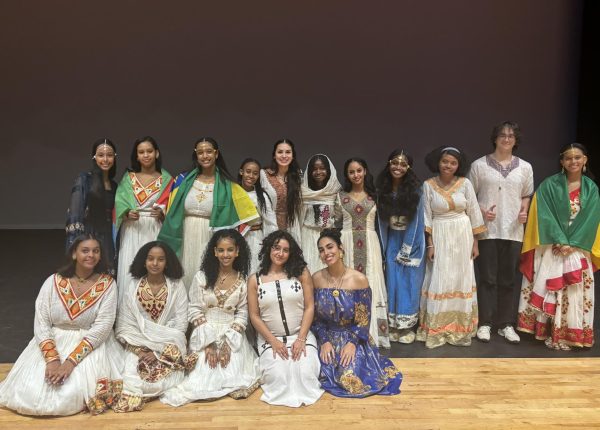
“In 10th grade, I finally started expressing myself more,” Elma said. “I can rely on [my] friends, they would never judge me for who I am, they are who I can count on and believe in my abilities. They motivate me.”
Senior Susana Gaym, who has been friends with Elma since freshman year, has noticed Elma’s growth.
“Betiel was very shy freshman year,” Gaym said. “She wouldn’t talk to anybody. Now she’s more friendly, more outgoing and more confident.”
Part of this confidence came from Elma’s dedication to her academics.
“My grades are really important to me,” Elma said. “I feel like they decide my future [and] how my whole life is going to turn out.”
She recalled a moment when she stood up to a teacher who had entered a grade incorrectly. At first, she hesitated, unsure if speaking up would make a difference. But after going back and forth, Elma gathered the courage to explain the mistake and advocate for the grade she had rightfully earned, a small victory that marked a big step in finding her voice.
The encouragement of her peers and teachers allowed her to embrace her abilities and shed the “brainwashed” mindset of having to stay silent.
Although Eritrea was a country with many restrictions, Elma held on tightly to her roots and identity. Leaving meant saying goodbye to her childhood home, her family, and close friends that had shaped her into who she is today. The sacrifice weighed heavily on her, but she carried her culture with her across continents. Those people will always stick with her, reminding her of where she came from and shaping the person she continues to become.
“I’m proud of my heritage and culture,” Elma said, “it’s always going to be a part of me.”
The more Elma opened up, the more she began to break free from the emotional constraints that had once held her back. With the encouragement and reassurance of her loved ones and teachers, Elma slowly began to get rid of the mindset that she had to stay silent and keep her opinions to herself. She started to embrace her strengths and understand that her voice had value.
Through these experiences, Elma developed a deep sense of empathy that has shaped the way she sees the world today.
“Even if I haven’t lived through the exact same struggles as someone else, I feel like I understand people better now,” Elma said.
Her understanding fuels her future aspirations; she hopes to become a doctor and use her voice to advocate for others. Most of her inspiration comes from her grandmother, who lives in a rural area of Eritrea with little access to medical care.
“The healthcare system there is broken,” Elma said. “People die because they can’t get the surgeries they need. [My grandma] has to travel to the capital city for checkups, spending so much money on transportation and medicine that doesn’t even really help. I want to change that. I want to help.”
Medicine is more than a career for Elma, it’s a way for her to give back to her family, her community and others who face the same struggles she once did. Her struggles of being heard fuel her determination to advocate for those without a voice, ensuring that no one suffers in silence.
“I used to just agree with everything, afraid to speak up,” Elma said.
“Now, I know my voice matters.”
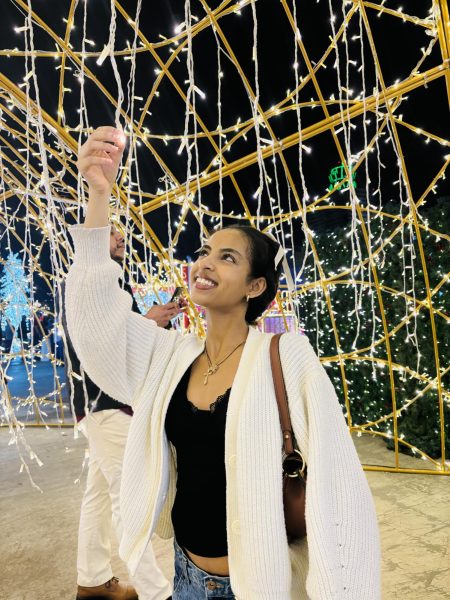



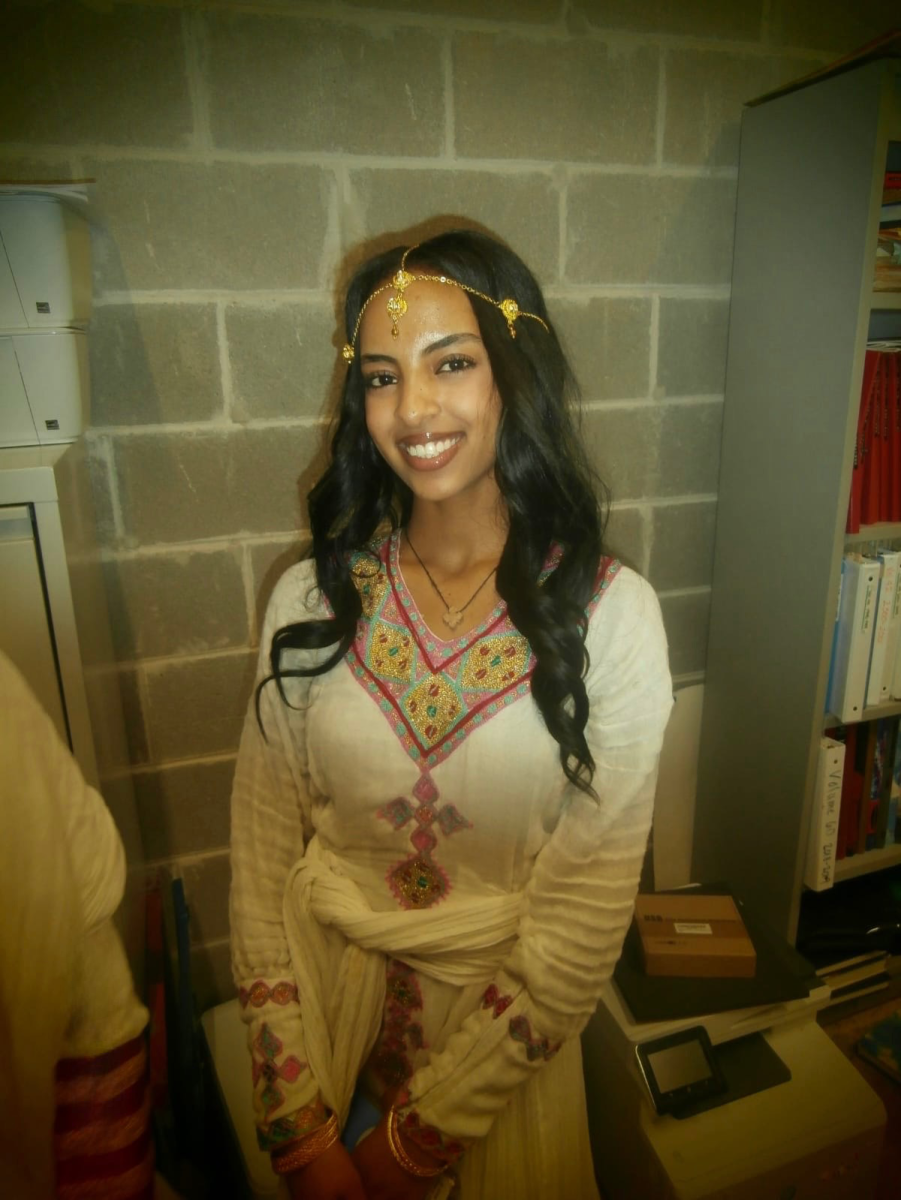
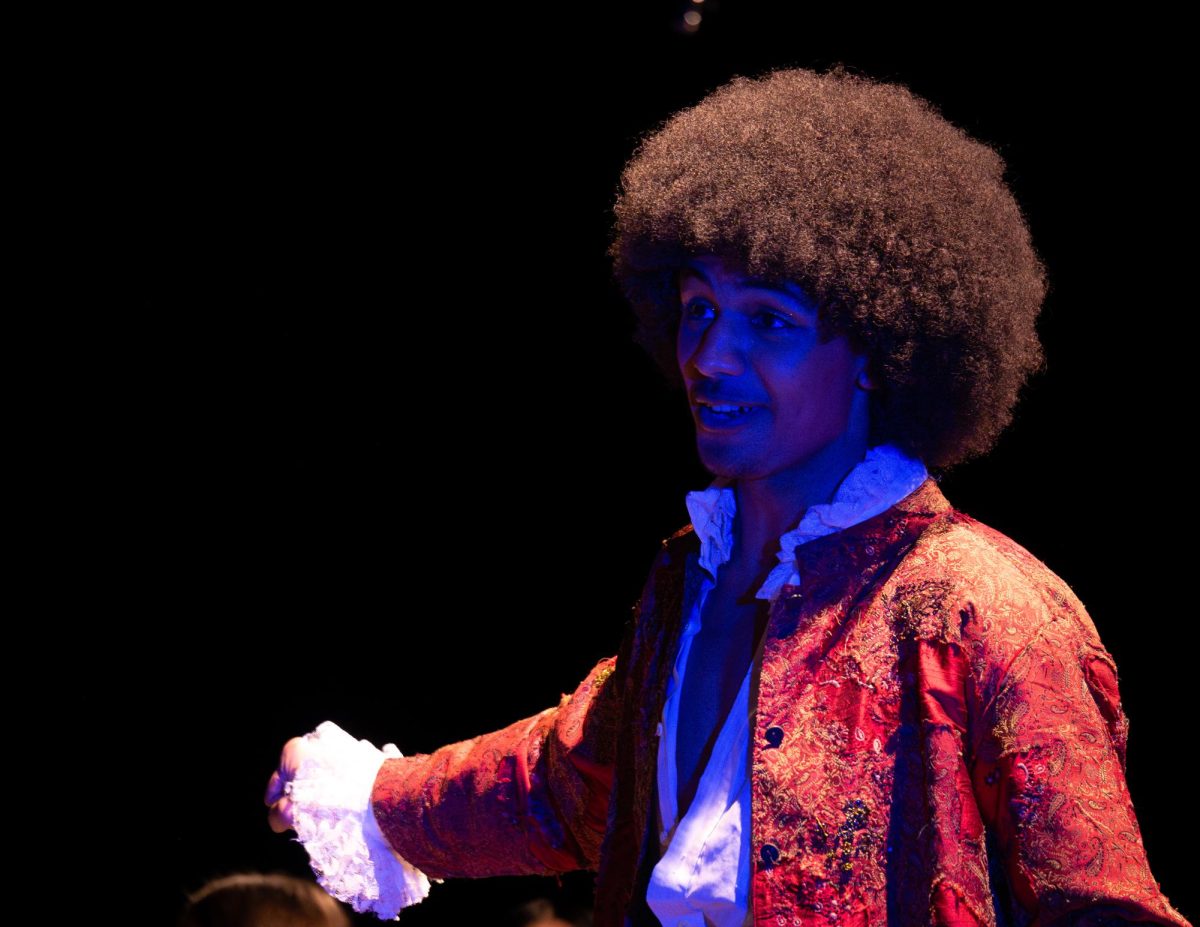
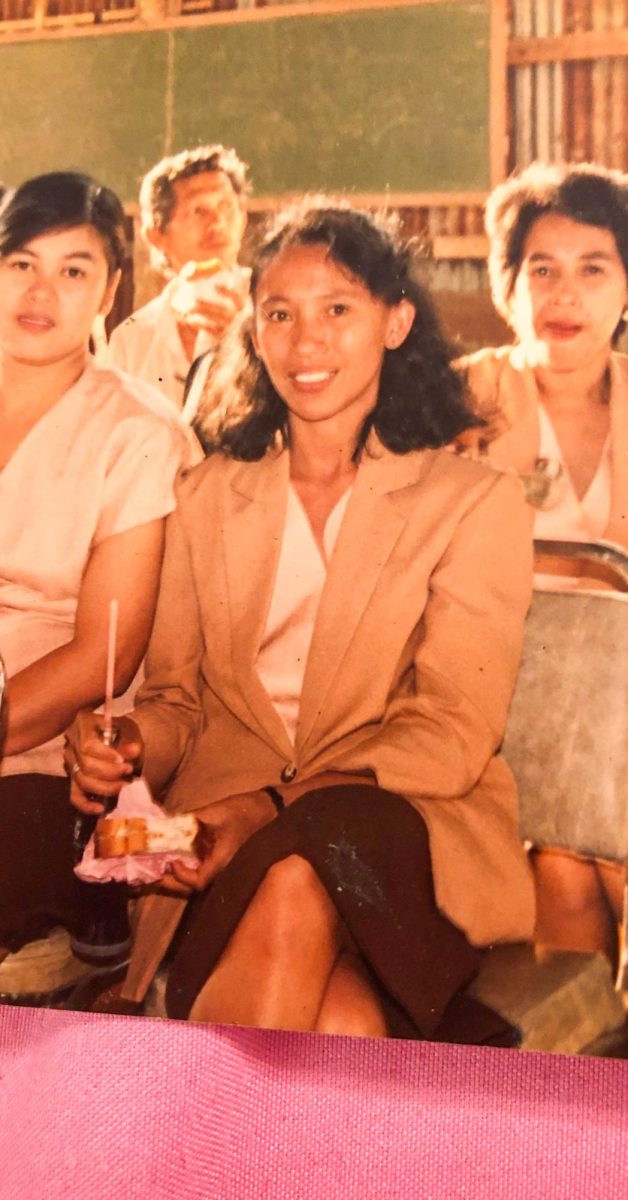

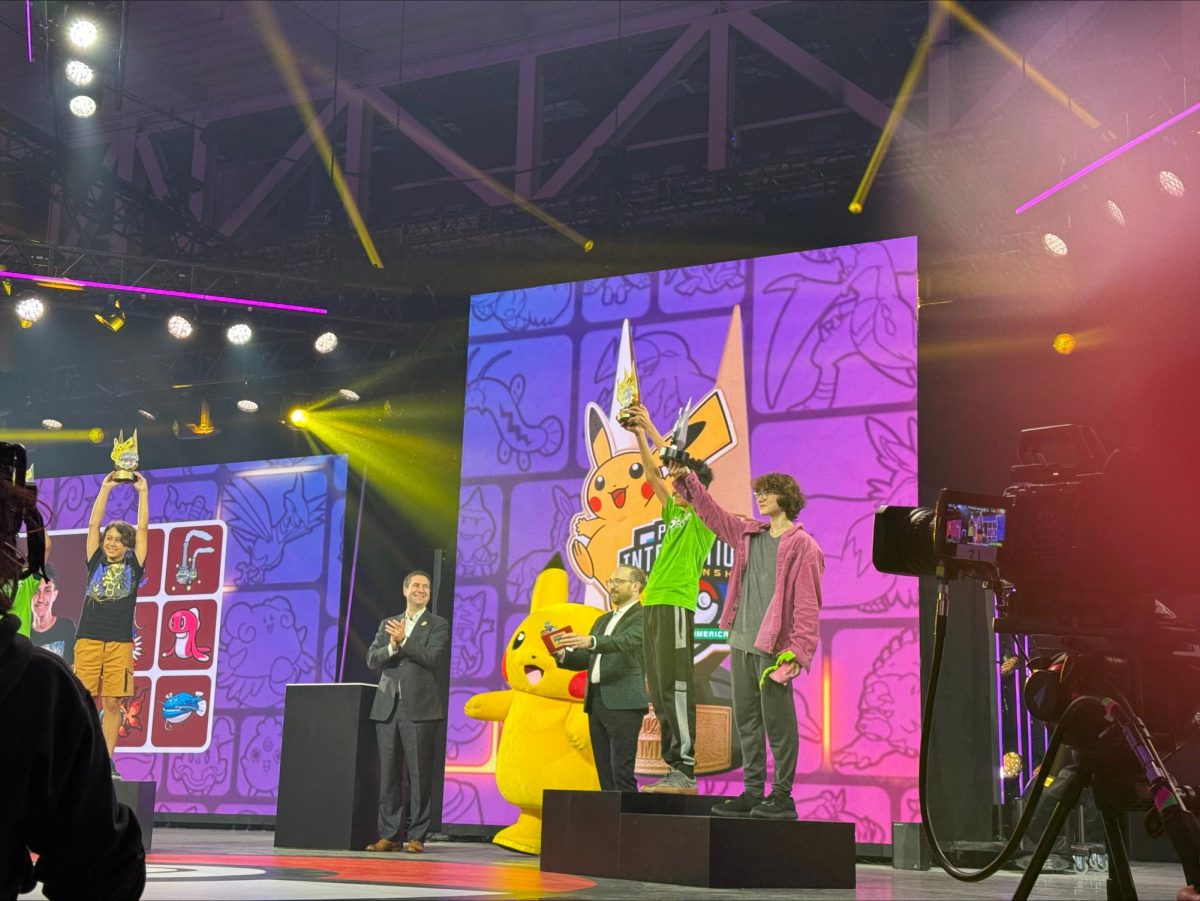
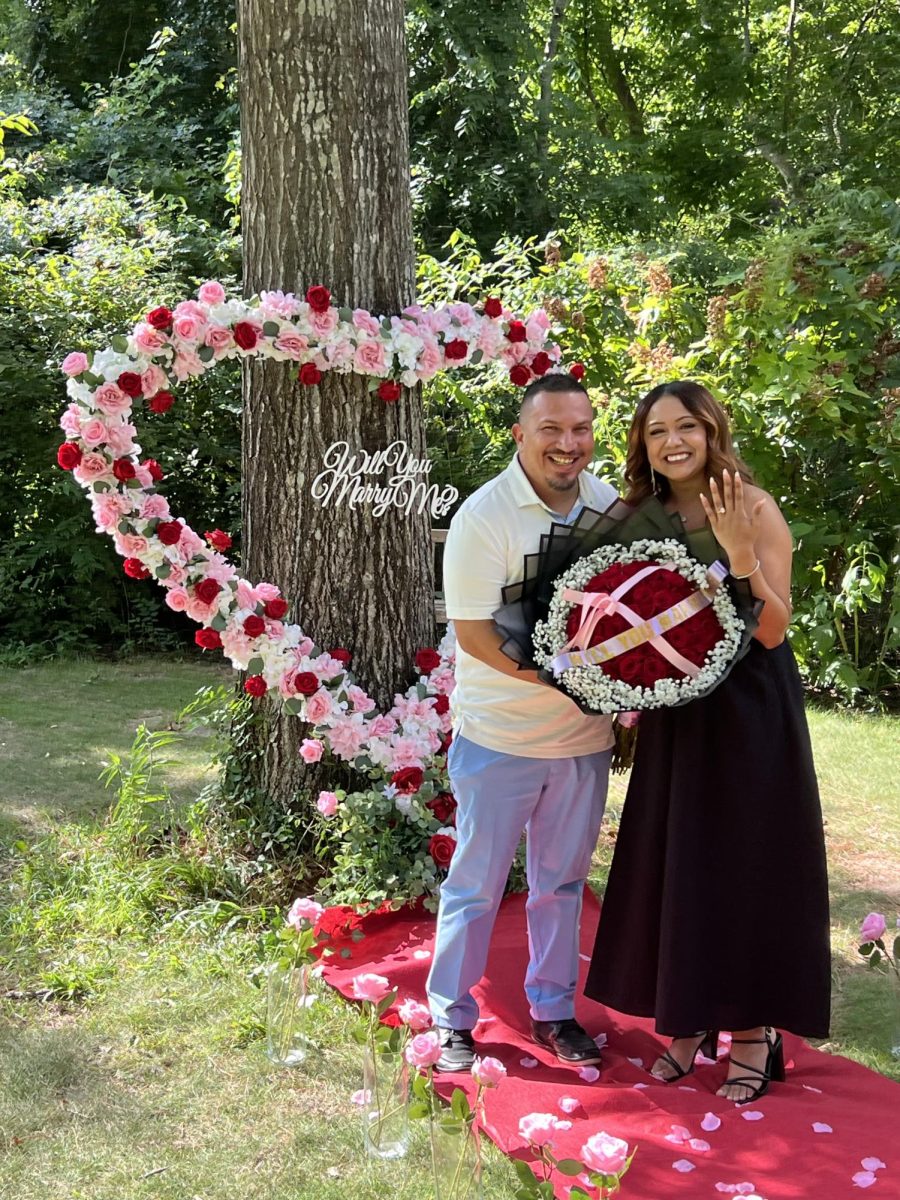
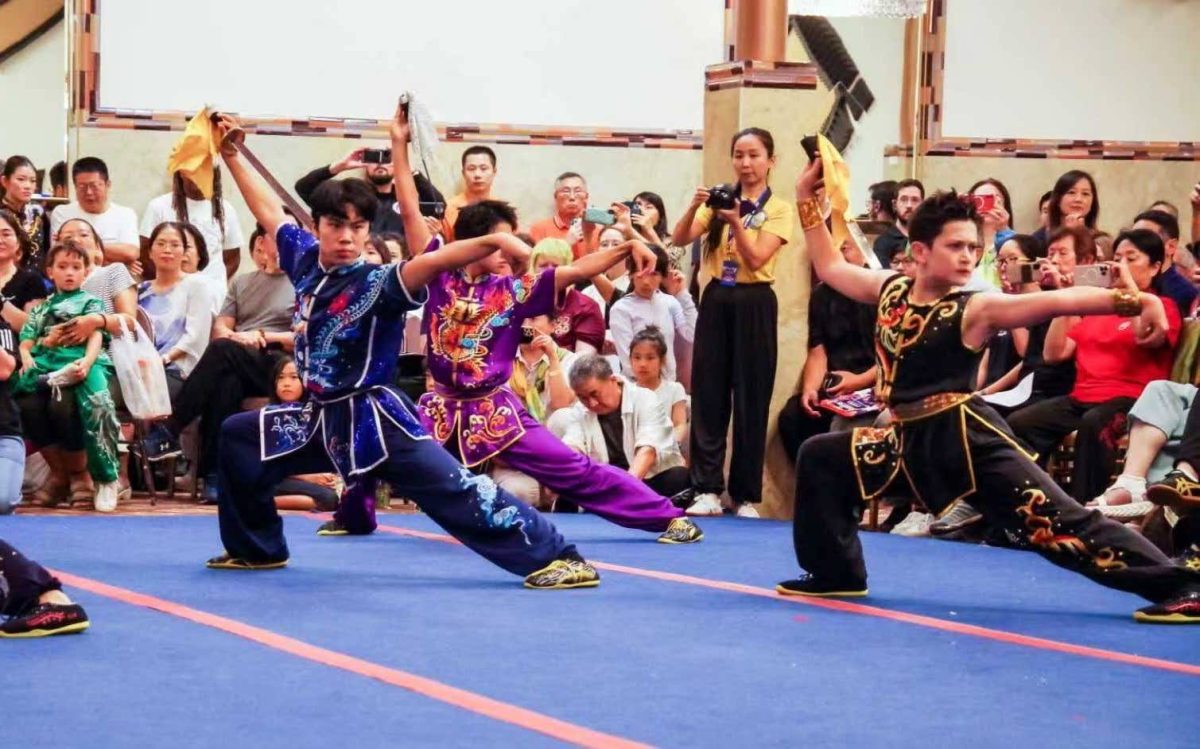

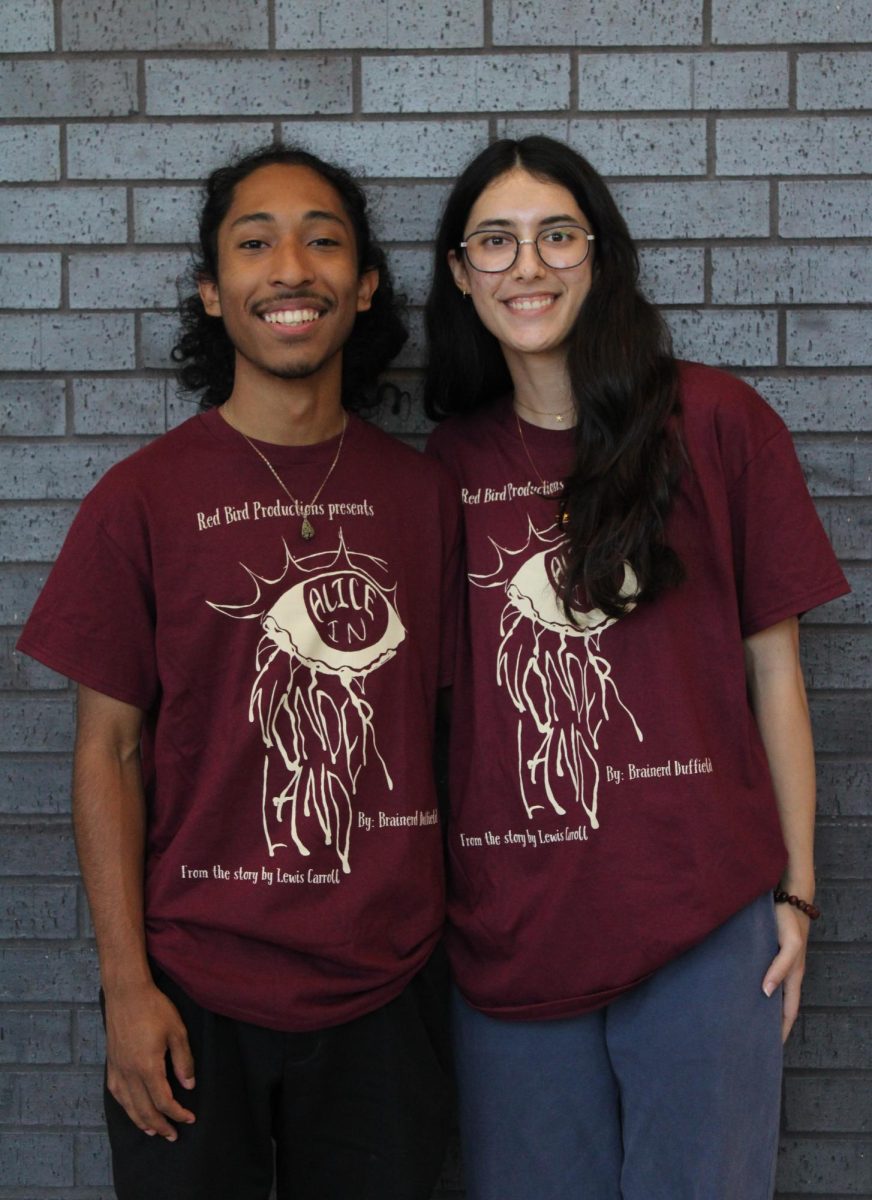
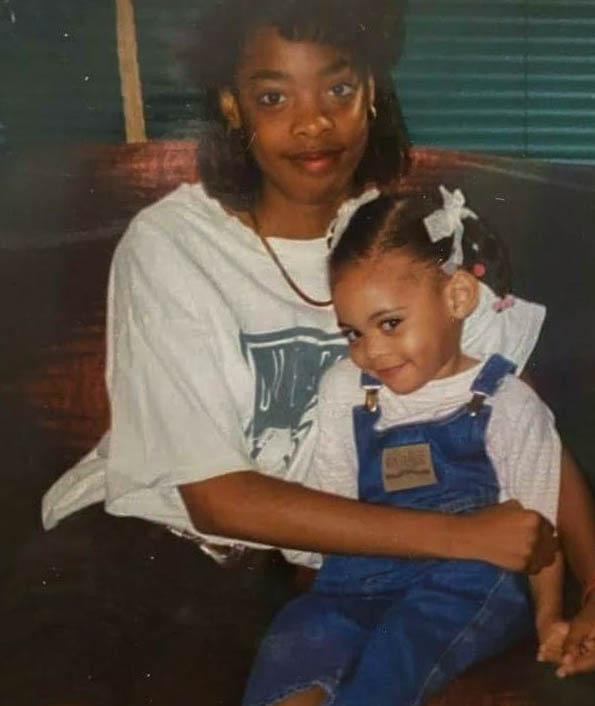
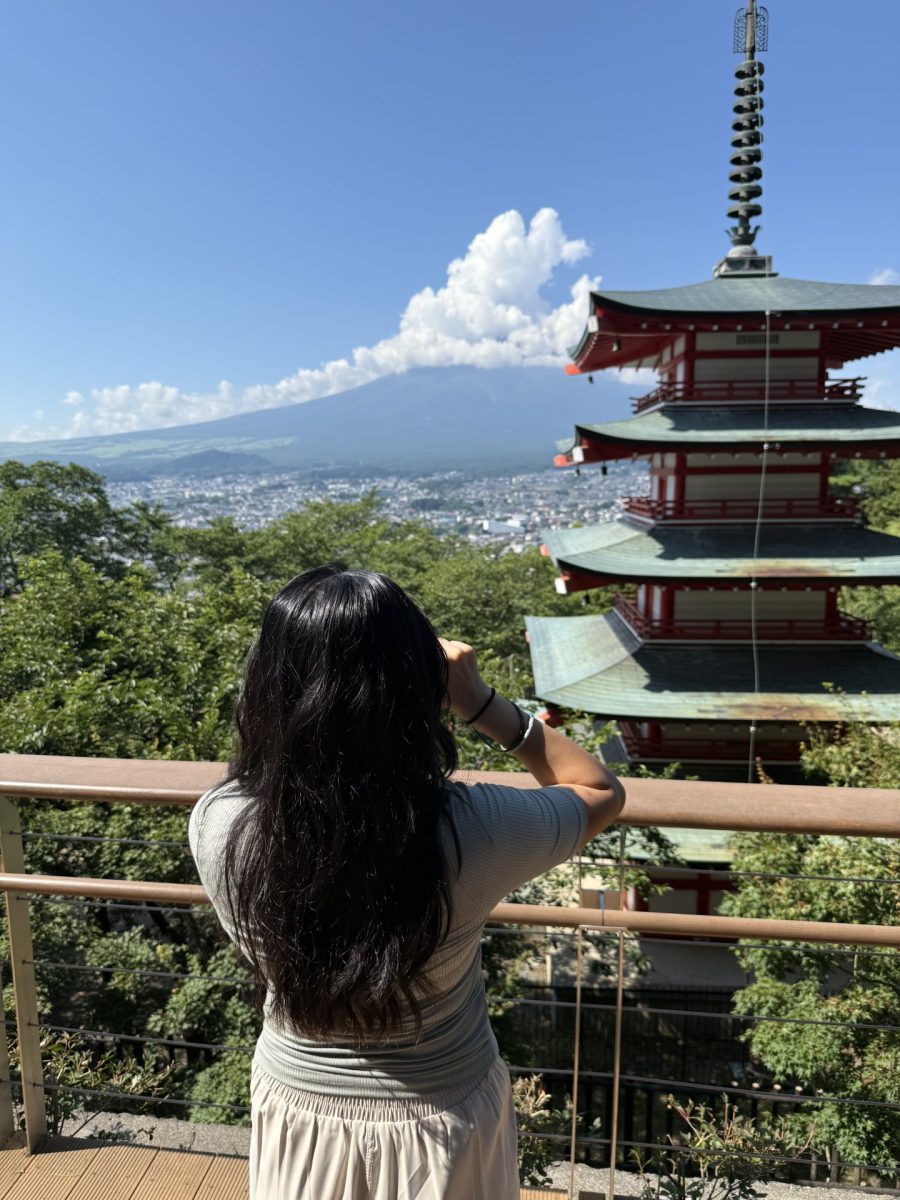
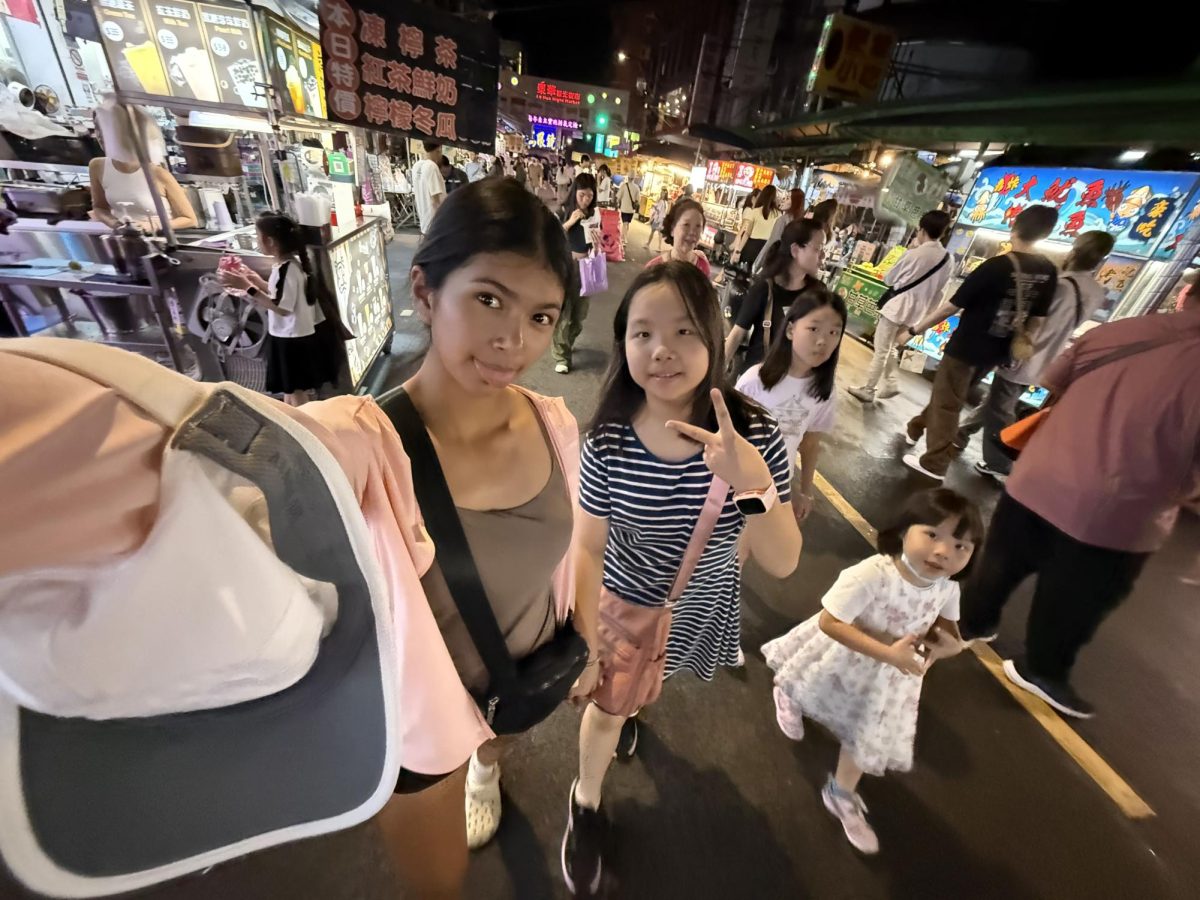
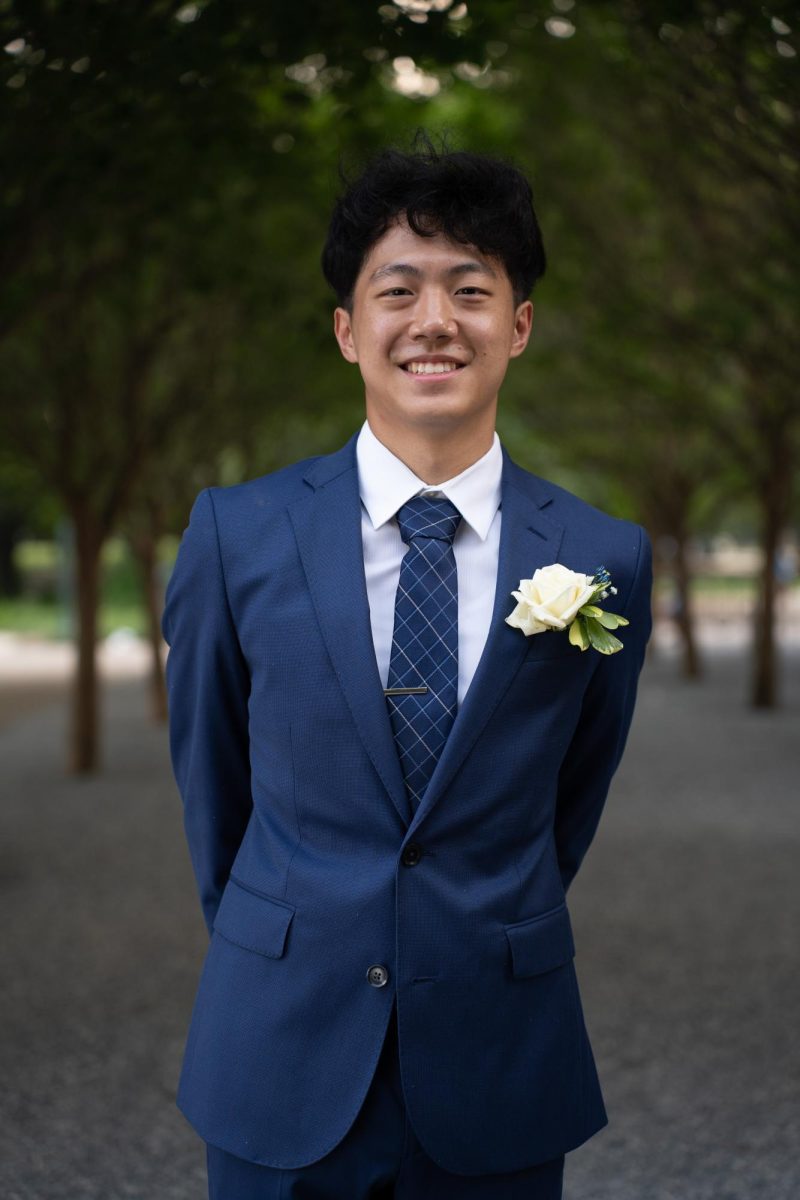

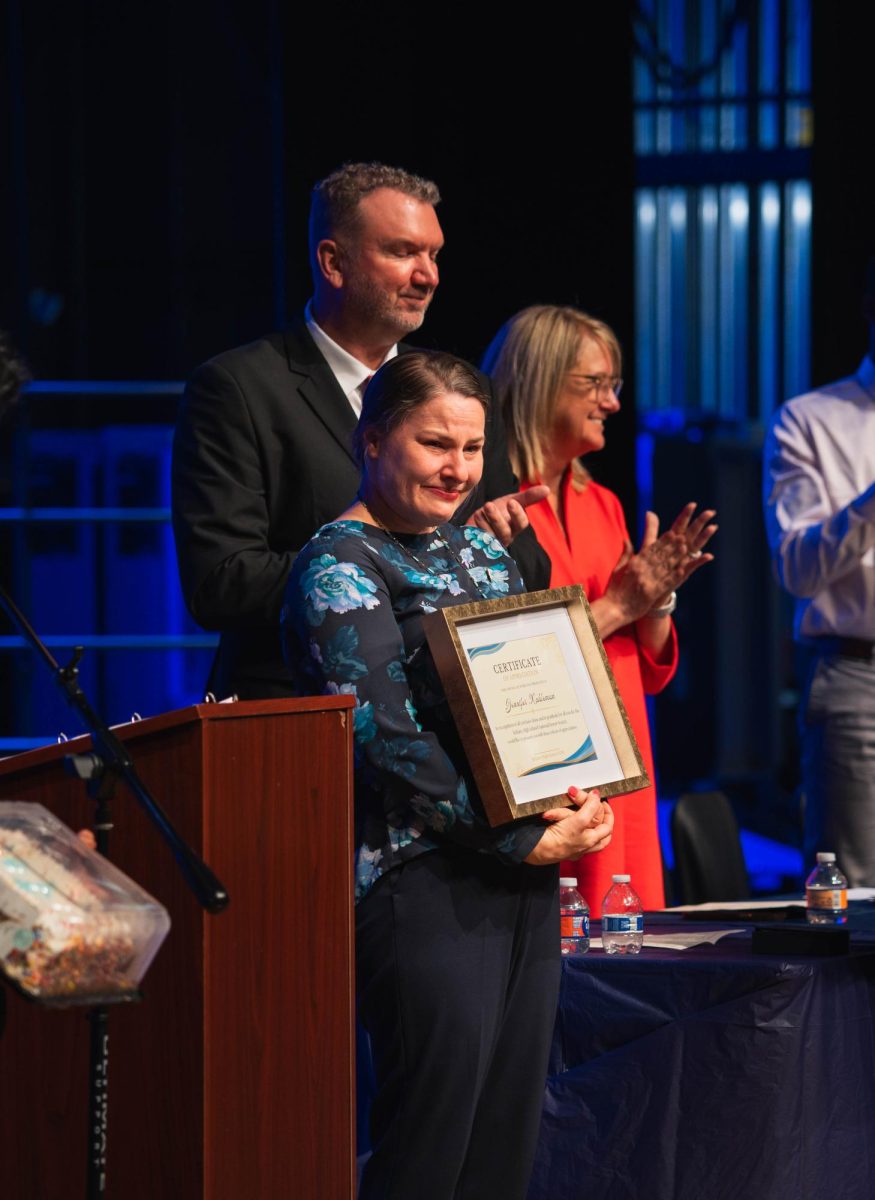
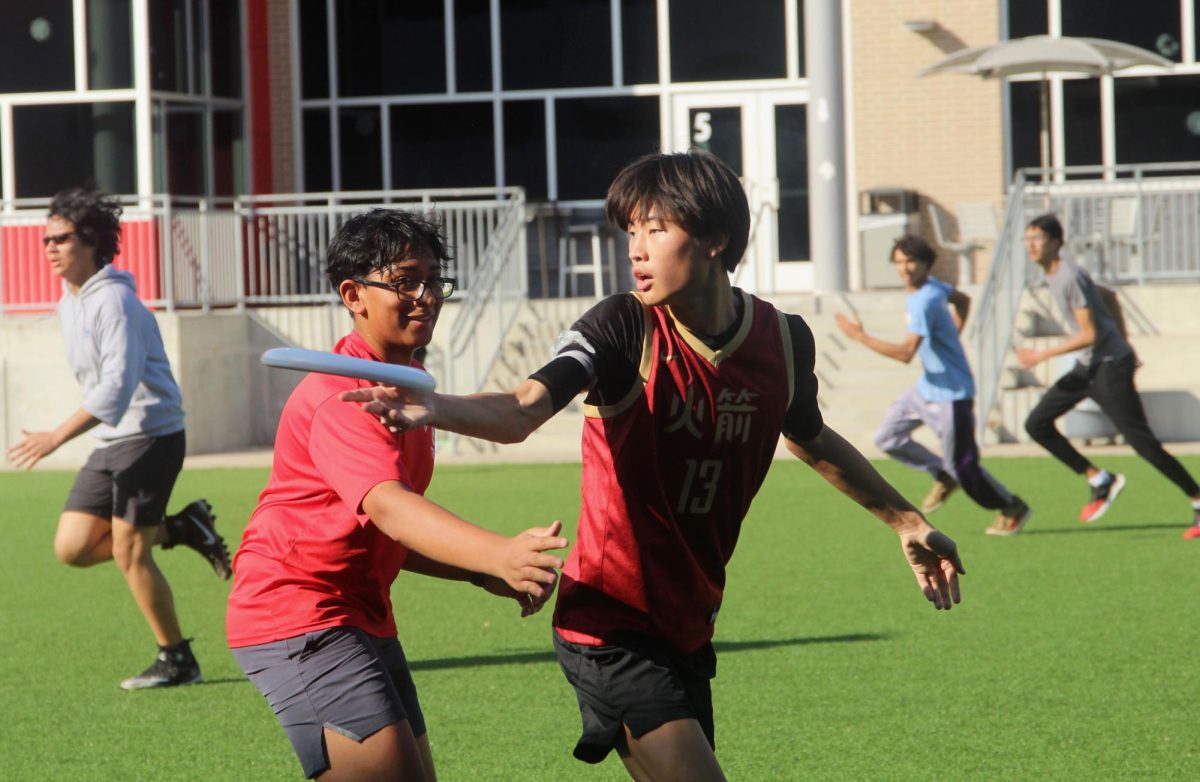
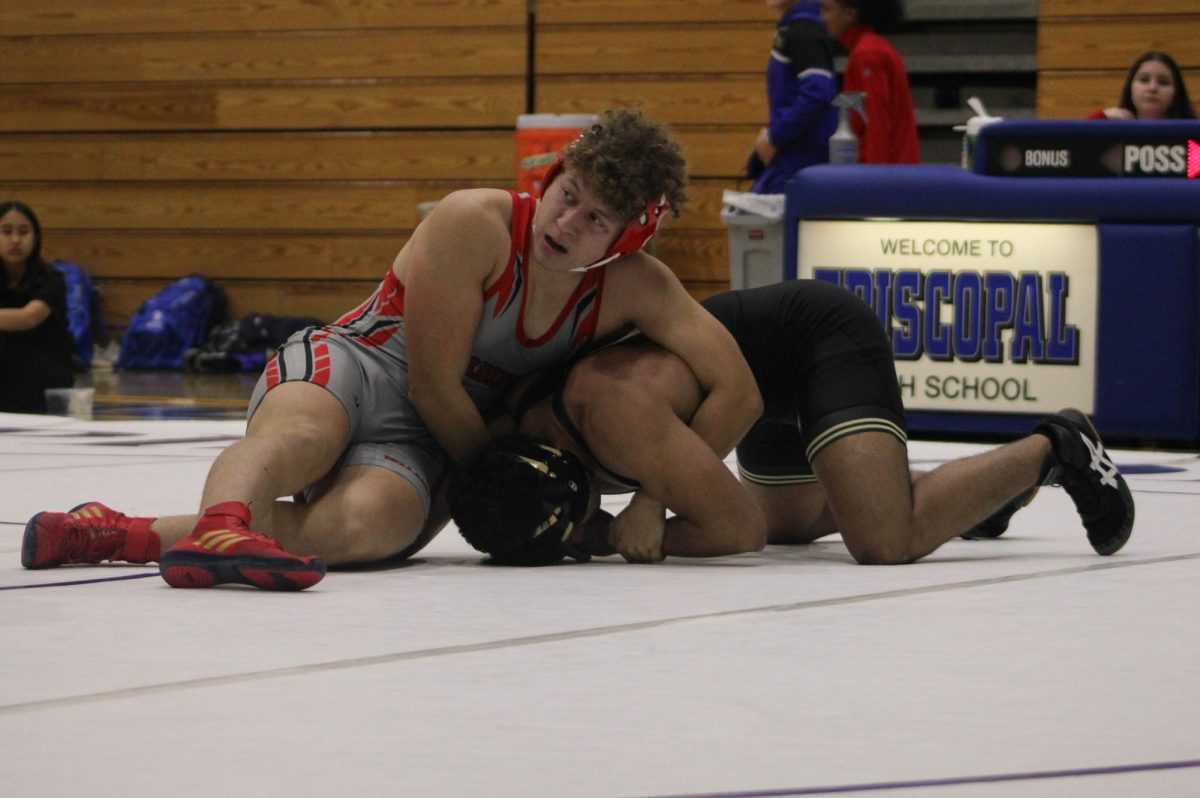
Joy X • May 13, 2025 at 11:25 pm
The writing here is so vivid. Wonderful story Emily!
Alia Hassan • May 10, 2025 at 11:46 am
beautiful story!
Jenny Sun • May 6, 2025 at 10:34 pm
ILY BETIEL YOU’RE SUCH AN INSPIRATION
Bethel Kifle • May 6, 2025 at 3:14 pm
Betiel is one of the sweetest and smartest girls I know! So glad you’re sharing her story!